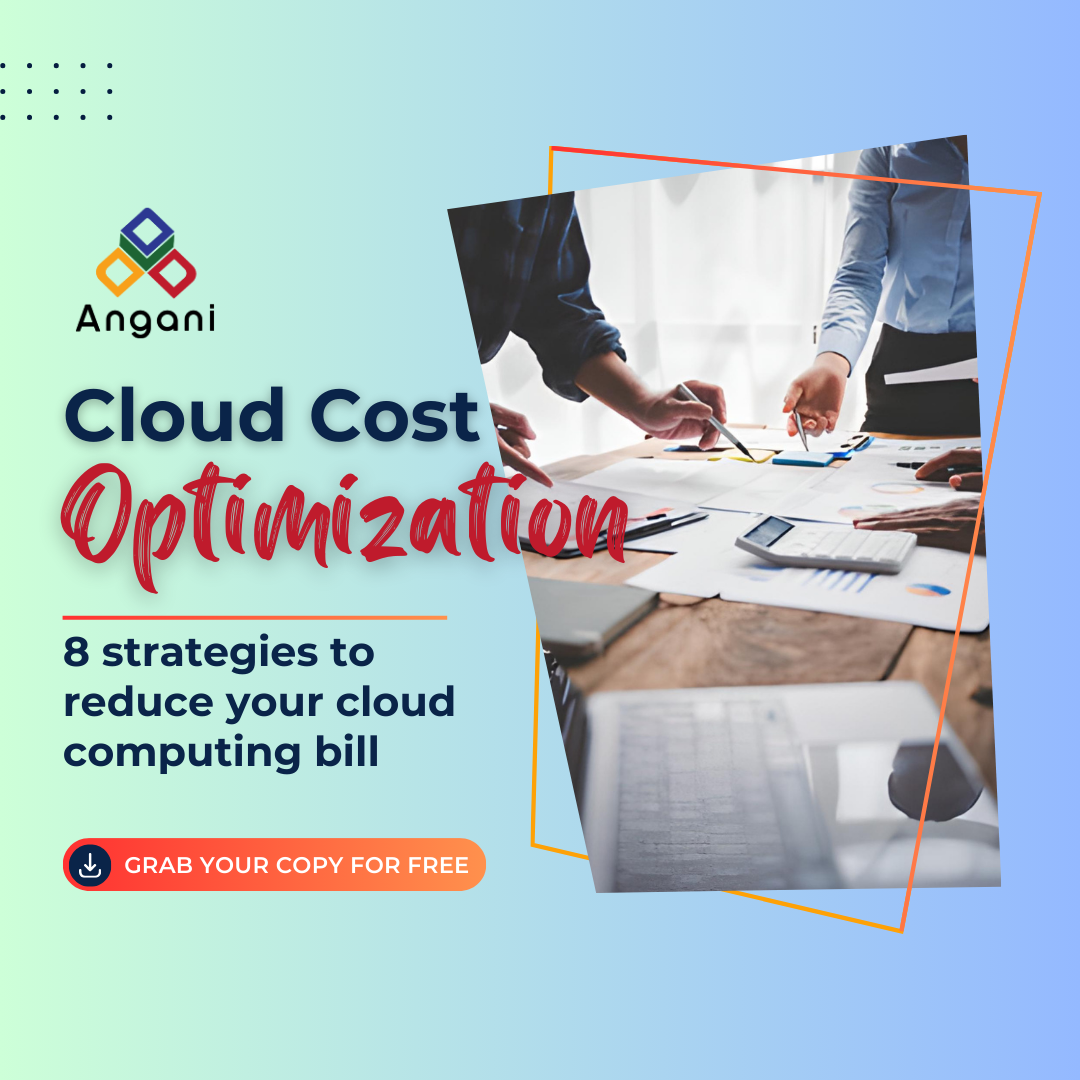
How To Choose The Best Dedicated Server For Your Business
As technology drives modern businesses, dedicated servers play a pivotal role in powering applications, websites and IT systems. Whether you’re launching a robust e-commerce store, building a data-intensive application, or hosting critical business processes, choosing the right dedicated server is a foundational decision.
In this guide, we’ll walk you through the factors to consider when selecting a dedicated server that perfectly aligns with your project’s goals and technical requirements.
What Is a Dedicated Server?
A dedicated server is a physical server entirely allocated to a single client or business. Unlike shared hosting, where resources are distributed among multiple users, a dedicated server offers exclusive access to processing power, storage and bandwidth, making it ideal for demanding workloads.
Source: Maximize Market ResearchDid you know? Globally, the demand for dedicated servers has risen sharply with the growth of e-commerce and fintech industries, where security and reliability are critical.
Step 1: Define Your Project Requirements
Every project has unique needs and understanding these is the first step in choosing a dedicated server.
- Traffic Load: Estimate the number of visitors or transactions you expect. High-traffic websites, streaming platforms, or SaaS applications require servers with powerful CPUs and extensive RAM.
- Storage Needs: Determine the type and amount of storage you need. For large databases or media-heavy websites, consider servers with SSDs for faster read/write speeds.
- Scalability: Think about future growth. Your server should be able to handle increased traffic or additional applications without performance issues.
- Applications to Host: Ensure the server can support the specific operating systems, databases, or applications you plan to use.
Example: A fintech company in Nairobi hosting a payment gateway might require a server with high-security protocols, SSD storage for speed and excellent uptime reliability.
Step 2: Understand Hardware Specifications
To ensure your server delivers optimal performance, evaluate its core components:
- Processor (CPU): A multi-core processor such as Intel Xeon or AMD Ryzen ensures efficient performance for computational tasks.
- RAM: More memory allows your server to run multiple processes smoothly. For startups, 16-32GB may suffice, but larger businesses often need 64GB or more.
- Storage Types:
- HDD: Suitable for storing large amounts of data but slower.
- SSD: Faster and more reliable, making it ideal for performance-critical tasks.
- Bandwidth: Higher bandwidth ensures fast data transfers and seamless user experiences.
Statistic: A delay in loading a website by only 100 milliseconds may cause the conversion rates to decrease by 7%. Dedicated servers, with their superior performance, are pivotal for minimizing latency and ensuring faster load times. (Source: Akamai)
Step 3: Choose the Right Server Hosting Provider
Selecting a reliable provider is just as important as the hardware itself. Key factors to consider:
- Uptime Guarantee: Look for providers with at least 99.9% uptime to ensure your business is always online.
- Data Center Location: For lower latency, choose servers hosted close to your target audience. Local providers such as Angani offer data centers in Kenya for African businesses.
- Customer Support: 24/7 support is crucial for troubleshooting issues quickly.
Pro Tip: Evaluate the provider’s security measures, including firewalls, DDoS protection and backup solutions, to safeguard sensitive business data.
Step 4: Evaluate Operating Systems and Control Panels
Your server’s operating system (OS) determines its compatibility with various applications and platforms:
- Linux: Preferred for flexibility, open-source tools and cost-effectiveness.
- Windows: Best for businesses relying on Microsoft applications like SQL Server.
- Control Panels: Choose intuitive interfaces like cPanel or Plesk for simplified server management.
Step 5: Consider Managed vs. Unmanaged Servers
Dedicated servers come in two primary types:
- Managed Servers: The hosting provider handles server maintenance, updates and security, making it ideal for businesses without in-house IT teams.
- Unmanaged Servers: Gives you full control over the server, but you are responsible for all technical aspects. This is suitable for companies with skilled IT personnel.
Example: A startup in Nairobi opted for managed hosting to save time and focus on developing their app, while a larger enterprise chose unmanaged hosting to have complete control over configurations.
Step 6: Budget Wisely
While dedicated servers come at a premium, they deliver unmatched performance and security. Compare pricing plans from different providers, but don’t compromise on reliability and features for lower costs.
Statistic: You can reduce your Total Cost of Ownership (TCO) by as much as 40% by migrating your business to the public cloud (Source: Accenture).

Step 7: Plan for Security and Compliance
With the growing cyber threats, security should be a top priority. Your server should include:
- SSL Certificates for encrypted data transmission.
- Firewalls to block unauthorized access.
- Regular Backups to protect against data loss.
- Compliance Standards: such as Kenya Data Protection Act or ISO certifications if dealing with sensitive customer data.
Fun Fact: In Kenya, industries like finance and healthcare often prioritize servers with advanced compliance features to protect customer information.
Step 8: Monitor and Optimize Performance
After deployment, continuously monitor your server’s performance. Tools like Grafana, Nagios, Zabbix can help track uptime, resource usage and potential bottlenecks. Regular optimization ensures your server remains efficient and cost-effective.
Final Thoughts
Choosing the right dedicated server is a critical decision that can impact your project’s success. By defining your requirements, evaluating hardware, selecting a reliable provider and planning for security, you’ll set a strong foundation for your upcoming project. With Kenya’s digital landscape rapidly evolving, the time to invest in reliable dedicated servers is now!
Ready to power your business with the right server? Contact our team at Angani for tailored solutions designed to meet your specific needs.

